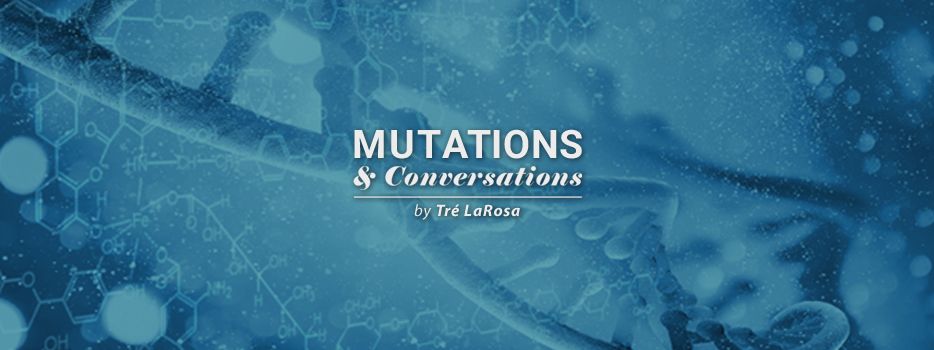The Long Journey of Learning to Love My Own Body
Written by |

I used to be ashamed about my insecurities. I believed that as a man, I was supposed to be strong. I was supposed to silently hate myself, my appearance, and my body, while projecting an immutable air of confidence. That was the “manly” way. My masculinity, my manhood, depended on it.
I would look at myself in the mirror, become infuriated with and resentful of my body, commit to a plan of abuse toward my body through excessive exercise and rigorous dieting, fail to achieve the level of discipline I wanted, eat as a way of coping, look at myself in the mirror, and then become infuriated. Rinse and repeat.
It wasn’t until I looked at a picture of myself sitting on a boat and had a moment of “Wow, I think I look OK in that picture, don’t I?” that things started to change.
In that moment, a puzzle piece in my brain finally found the spot it had been searching for. The day that picture was taken, I recall seeing it and feeling revolted about my body, and about myself for having let me get that fat.
And there’s that nasty, Godforsaken word.
I refused to fat-shame others, and I had mostly removed that word from my lexicon, using it only as a noun, such as when describing food, like the fat on a steak. But I had no problem calling myself fat. And I found myself falling into a cycle of perpetuating antiquated beauty standards regarding thinness.
That puzzle piece in my brain didn’t finally find its home because I stopped seeing myself that way physically. It happened because of the same reason I love planet Earth. Earth is our home, and it’s inexplicably beautiful. There is natural beauty everywhere on our planet, but that beauty isn’t why we should love it. We should love it because it is our only home.
We are made of some of the same stuff that makes up planets across the entirety of the universe. Earth, the main life-sustaining organism we currently know of in the universe, is our home. On a microcosmic level, our bodies are the sole vessel — our only home — that houses the mind and, if you personally choose, the soul for the entirety of our existence. That any life exists at all is a miracle; that we are capable of perceiving ourselves while also being capable of complex emotions is wondrous a million times over.
If, during our lives, we choose — either by free will or due to trauma associated with past events — to hate our bodies, we will never become our fullest, best selves. It is impossible for a mind to fully occupy a home while simultaneously resenting it. The home provides protection and sanctuary.
I don’t believe it’s possible to hate a body or an appearance based on free will alone. I believe a combination of factors in our personal lives and the manner in which society trains our minds to think leads to our struggles with dysmorphia. And that’s not fair.
I don’t have many scars, but it was something my late sister, Alyssa, who also had cystic fibrosis, worried about a lot. I hated the idea that anyone would have any emotion other than admiration or inspiration regarding my sister’s scars. Her scars told stories of incredible courage and bravery. But I know she hated them.
It took me a long time, but the gentleness I have toward my mind, body, and soul has changed how I view myself and life in general. I was sick and tired of hating my body when I finally turned the corner.
It takes energy, help, and good fortune to traverse this life and overcome our struggles. But it’s crucial for us to move past self-loathing. We all need help at some point. It took over a decade for my self-loathing, which started in second grade, to dissipate.
One thing that helped me was realizing how much my body and mind have been through together. Who’s to say I would’ve made it if my body had been different?
Follow along with my other writings at my humbly named site, www.trelarosa.com, or subscribe to my newsletter “sonder, essays” at trelarosa.substack.com.
***
Note: Cystic Fibrosis News Today is strictly a news and information website about the disease. It does not provide medical advice, diagnosis, or treatment. This content is not intended to be a substitute for professional medical advice, diagnosis, or treatment. Always seek the advice of your physician or other qualified health provider with any questions you may have regarding a medical condition. Never disregard professional medical advice or delay in seeking it because of something you have read on this website. The opinions expressed in this column are not those of Cystic Fibrosis News Today, or its parent company, Bionews, and are intended to spark discussion about issues pertaining to cystic fibrosis.







Leave a comment
Fill in the required fields to post. Your email address will not be published.